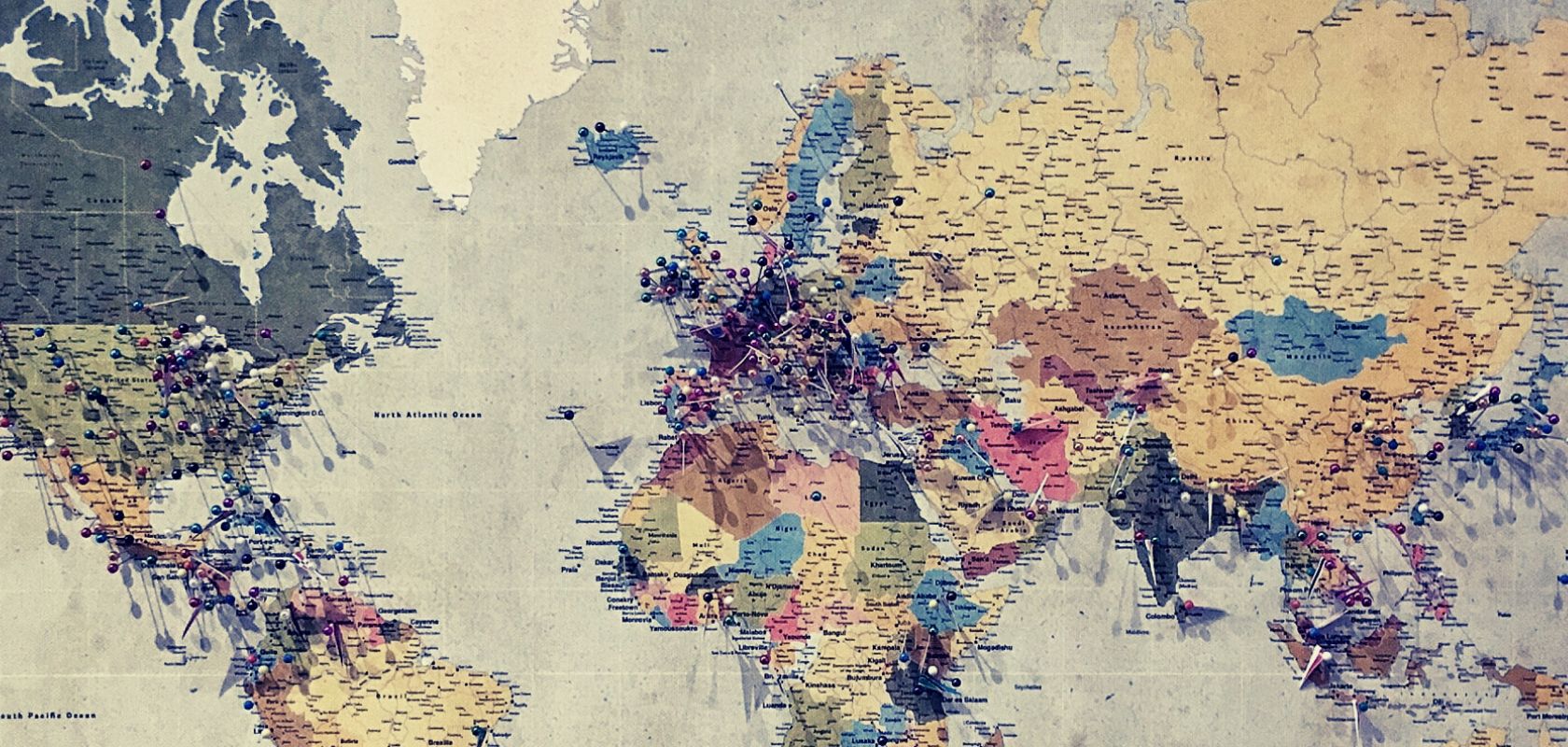The often-murky world of copyright – what constitutes a true violation, and what falls under the fair use rule – doesn’t seem like a problem that’s getting any clearer or going away any time soon, as this latest case – involving the image of a map used in a movie as basically a prop – shows.
Victor Baker, who made an antique-style map of the Caribbean island of Curacao featured in the 2012 Bruce Willis movie “Lay the Favorite” is now suing producer Penguin Random House, as well as Amazon and Netflix as distributors.
Leonard French, a copyright attorney, goes into the case in detail on his “Lawful Masses with Leonard French” YouTube channel, to explore when “set dressings” can be considered copyright violations, and when they might be protected as fair use.
Click here to display content from YouTube.
Learn more in YouTube’s privacy policy.
The map that is at the center of the lawsuit filed in Texas federal court appears in several scenes of the movie, and French, breaking down the lawsuit, highlights that Baker claims irreparable harm, and threatens multiple lawsuits. According to the lawyer, an injunction is unlikely to be granted – but adds that if he were representing the plaintiff, he too might “go after everything” simply in the hope of settling with the companies named in the lawsuit.
French further speculates that the legal action had been brought on with precisely this in mind – getting a license fee, “maybe a little higher than normal,” and cover legal costs.
And unless Netflix and others are prepared to battle their fair use case in court – that’s how this will end up, he suggests – in a settlement.
French then shows screenshots from the video featuring the “infringing” map that the plaintiff used in the filing – scenes that never show the map front and center, but only in the background. In order to establish whether copyright claim here is justified, he says, a fair use analysis would have to be done to determine the way an original work of art was used, and whether this required a license fee to be paid in advance.
One scenario – no pun intended – under which copyright could have been be infringed here if is the movie was found to be a derivative work stemming from the map. And that’s something French seems to consider highly unlikely.













